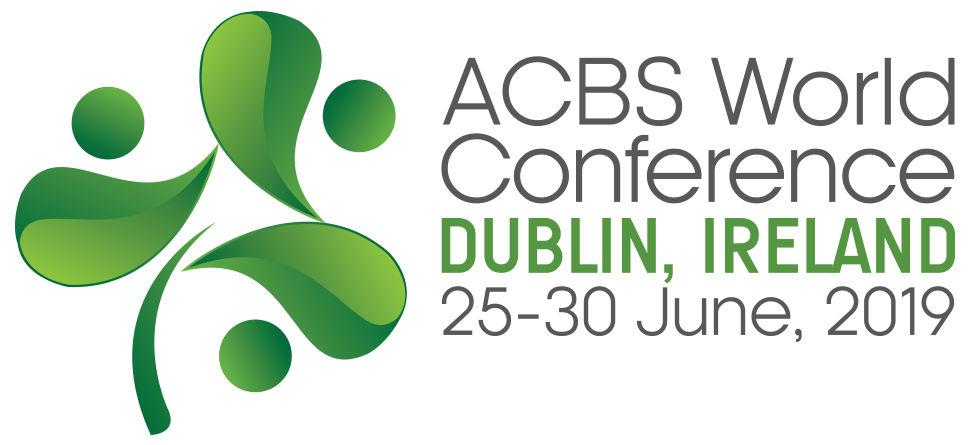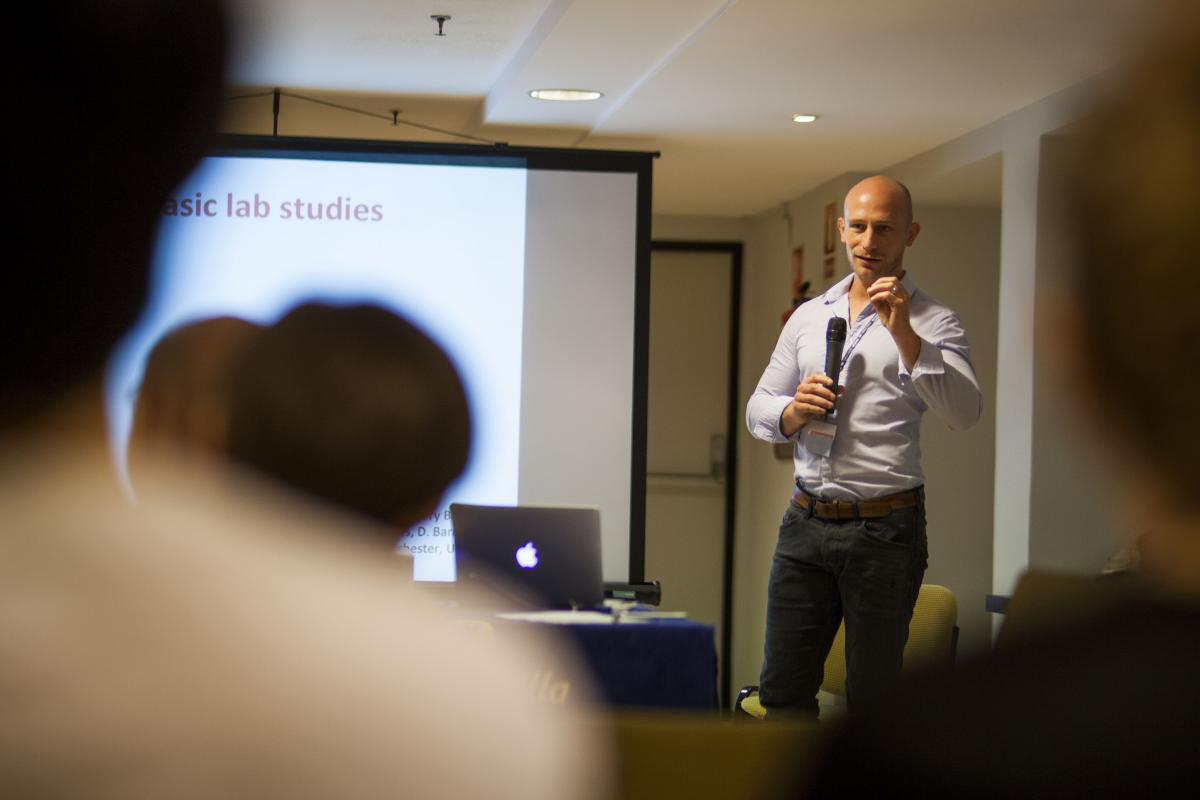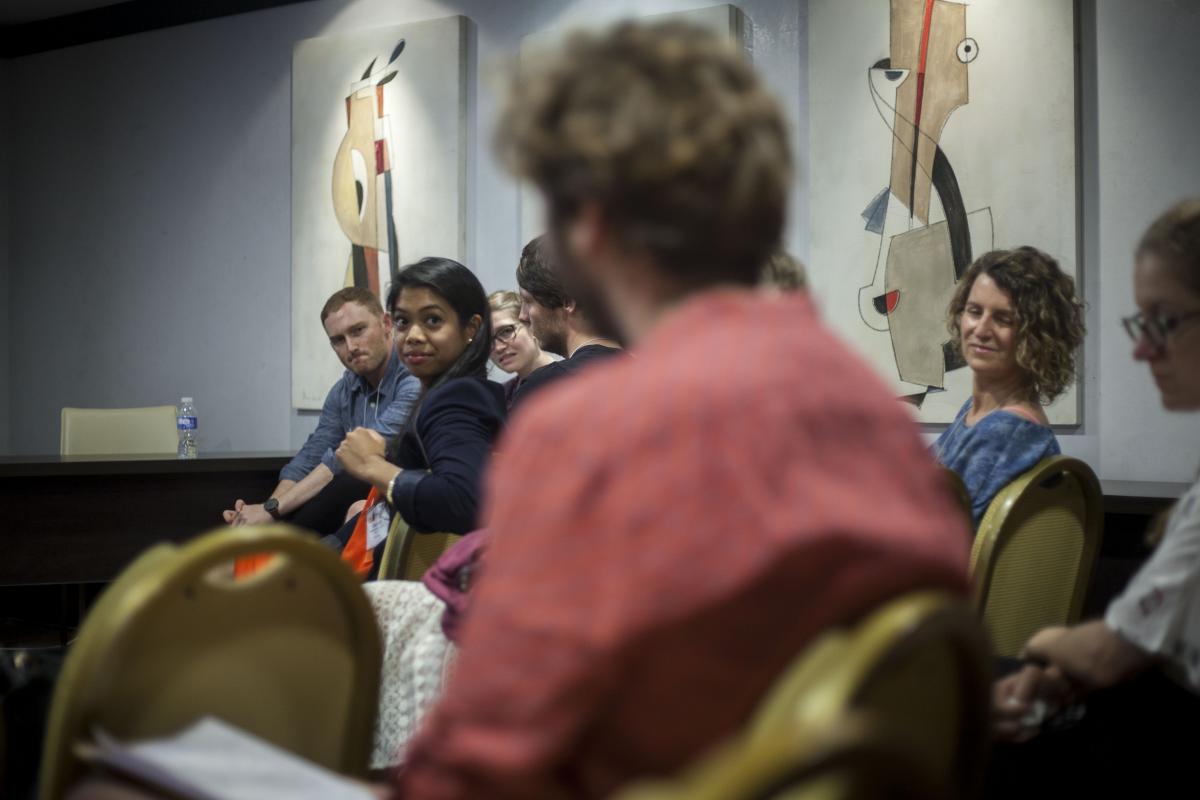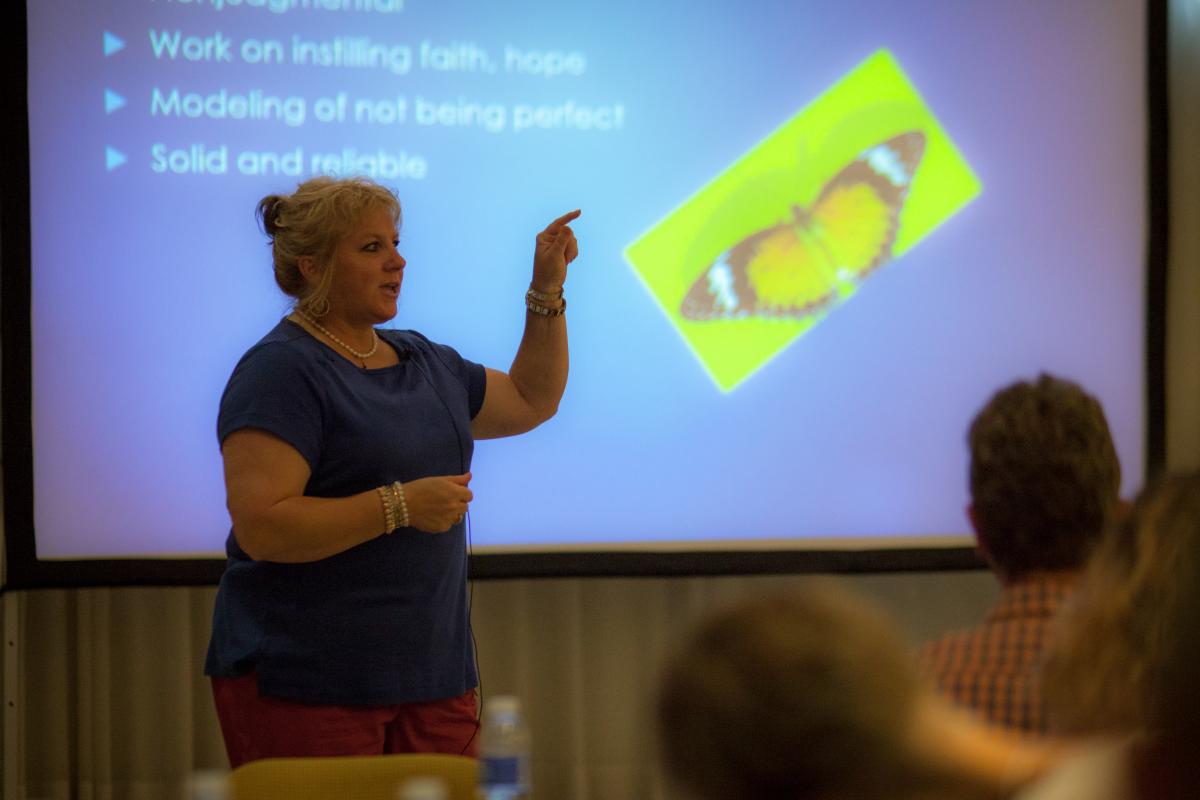Pre-Conference Workshops for WC17
Pre-Conference Workshops for WC1725-26 June, Dublin, Ireland
Unforgettable. Inspiring. Cutting-edge. Inviting. ACBS Pre-Conference Workshops are well-known as a source for world-class CBS, evidence-based trainings. Here is the heart of ACBS. Where therapists and researchers of all ages sharpen their skills, and push their limits. Where expert trainers from across the globe converge as a creative force aiming to shape and support all those in attendance. Where life-long friends reconnect, or meet for the first time.
What to Expect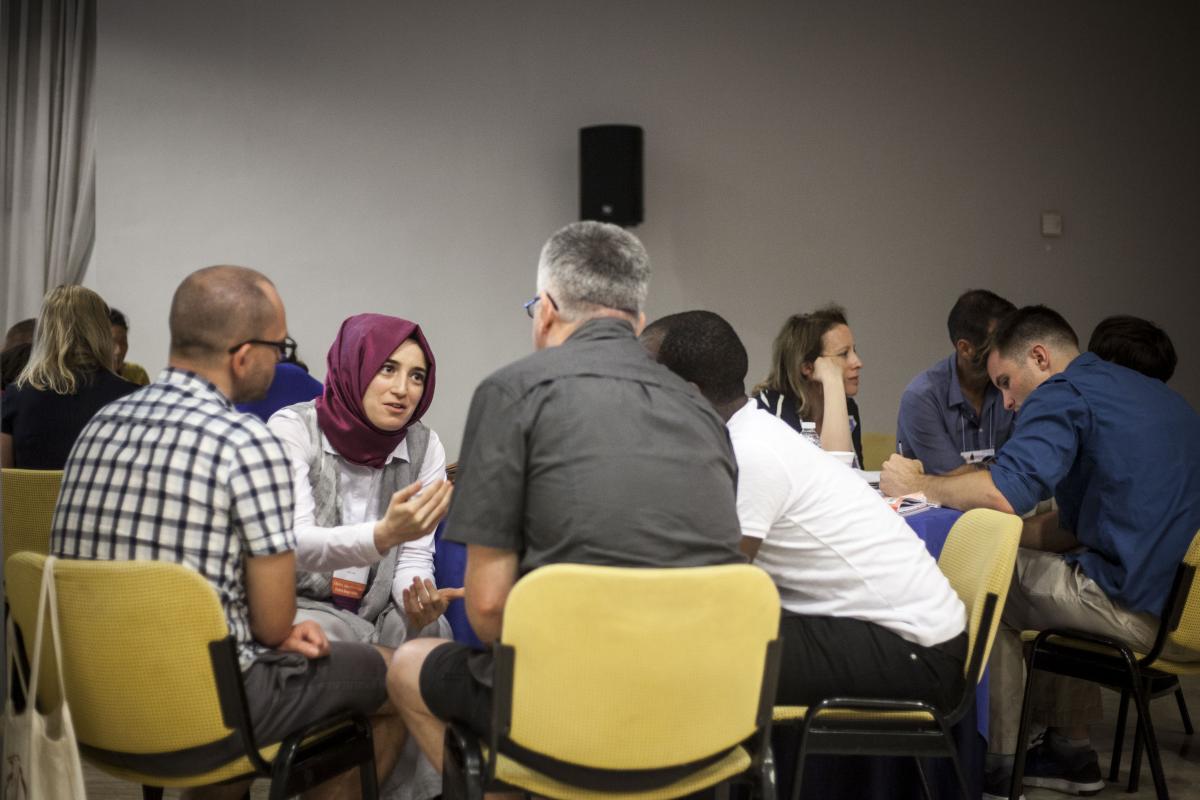
The 2019 Pre-Conference Workshops offer exciting new opportunities that will engage therapists and researchers of any skill level. Highlights include:
Acceptance and Commitment Therapy (ACT): Participate in experiential and didactic workshops to learn this empirically supported therapy
Relational Frame Theory (RFT): Apply this modern perspective on cognition and language to your own research or practice
Exposure Response Prevention Therapy (ERP): Explore the application of ERP for anxiety with youth and adults with couples
Compassion Focused Therapy (CFT): Engage compassionate emotions within your clients with a processed-based approach
Prosocial: Use Prosocial concepts to build productive and collaborative relations within and between groups
Combining therapy role-plays, experiential exercises, case presentations, data graphics, focused lectures, and small group discussions, you can expect high-quality training from ACBS Pre-Conference Workshops. Continuing Education Credits are available.
Be sure to review the list of workshops below to see your full list of options.
When, Where, and How Much?
These workshops will be held the two days immediately preceding the ACBS World Conference 17.
Tuesday, 25 June, 2019 - 9:00 - 17:15
Wednesday, 26 June, 2019 - 9:00 - 17:15
They will be held at the DCU Helix on the Dublin City University campus in Dublin, Ireland.
More general Registration information can be found here.
Above prices include lunch each day, twice daily coffee/tea on site, and a general certificate of attendance.
*(US Dollar amount is provided for information only and may be updated from week to week based on current exchange rates. Euro (EUR) amount will not change. If your bank account or credit card is in EUR, and your bank charges a currency transaction fee to USD, you may see a slight variation in the amount charged, based on the day's exchange rate.)
Additional information about registrations, refunds, etc., can be found here.
Learn about the specific workshops here.
Complete List of Pre-Conference Workshops - WC17 Dublin
Complete List of Pre-Conference Workshops - WC17 DublinACBS World Conference 17, Pre-Conference Workshops - Register now!
25-26 June, 2-day workshops:
Yvonne Barnes-Holmes, Ph.D., Ciara McEnteggart, Ph.D., Dermot Barnes-Holmes, Ph.D.,Colin Harte, M.Sc.
(Clinical; Beginner, Intermediate, Advanced)
Sarah Cassidy, Ph.D., Bryan Roche, Ph.D., Evelyn Gould, Ph.D., BCBA-D, LABA, Giovambattista Presti, M.D., Ph.D.
(Clinical; Beginner, Intermediate)
Lisa W. Coyne, Ph.D., Eric Morris, Ph.D.
(Clinical; Beginner, Intermediate, Advanced)
lore m. dickey, Ph.D., Aisling Leonard-Curtin, M.Sc., C.Psychol., Ps.S.I.
(Clinical; Beginner, Intermediate)
Russ Harris
(Beginner)
Steven C. Hayes, Ph.D., Stefan G. Hofmann, Ph.D.
(Clinical, Research; Intermediate, Advanced)
Dennis Tirch, Ph.D., Laura Silberstein, Psy.D., Mary Welford, D.Clin.Psy.
(Clinical; Beginner, Intermediate, Advanced)
Matthieu Villatte, Ph.D., Robyn Walser, Ph.D.
(Clinical; Intermediate, Advanced)
David Sloan Wilson, Ph.D., Paul Atkins, Ph.D., Monique Silva, Lori Wiser, M.B.A., Ian MacDonald, Ph.D.
(Clinical, Research; Beginner, Intermediate, Advanced)
Kelly Wilson, Ph.D.
(Clinical, Research; Beginner, Intermediate, Advanced)
ACT Made Simple: A Quick Start Guide To ACT Basics and Beyond
ACT Made Simple: A Quick Start Guide To ACT Basics and BeyondACT Made Simple: A Quick Start Guide To ACT Basics and Beyond
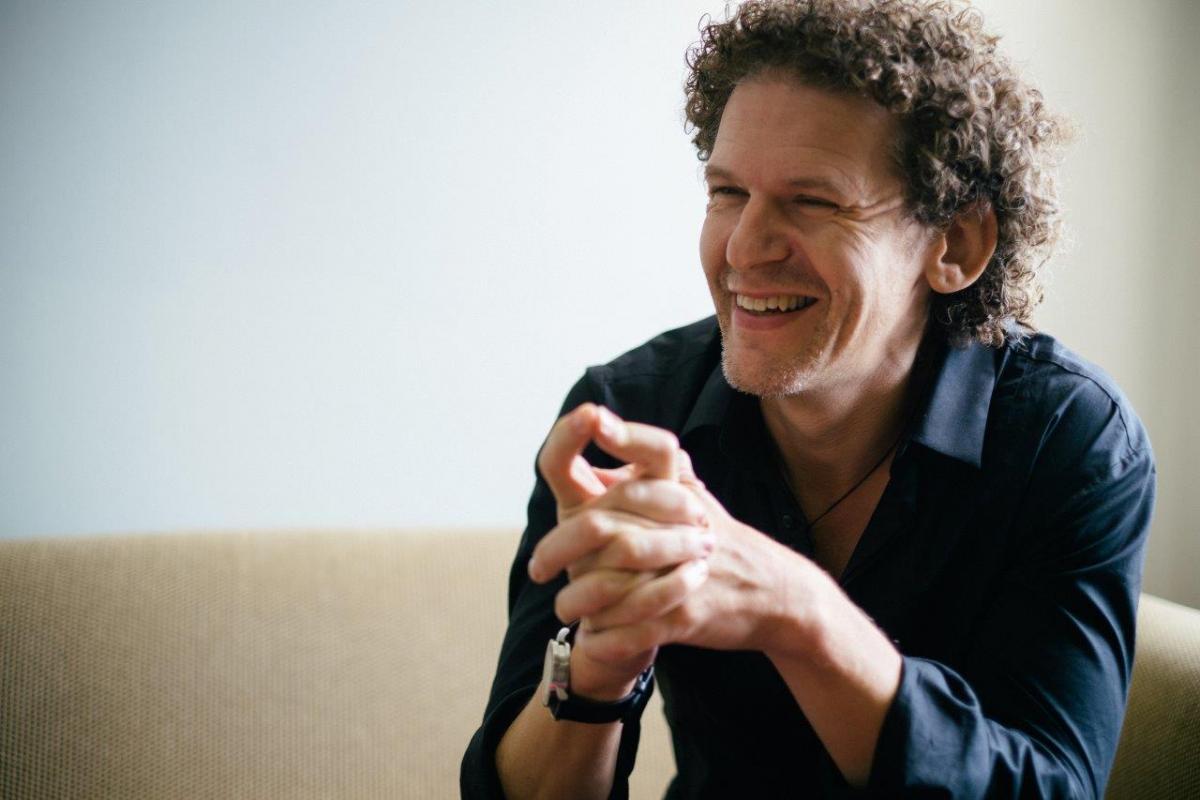
Russ Harris
Russ has a unique model for training, which he calls ‘ACT Made Simple’, because it covers so much material in a short space of time. He proudly proclaims each workshop a ‘jargon-free zone’ – and bases his training on three core values: simplicity, clarity, and having fun.
In this beginners-level workshop, you will learn how to apply ACT simply, quickly and effectively in clinical practice. By the end of two days, you will know:
- The six core principles of ACT, and how to adapt them to different clinical populations
- Five powerful tools to develop and strengthen psychological acceptance
- Ten powerful ways to rapidly reduce the believability of negative thoughts (without challenging them)
- A sound understanding of mindfulness, and how to use it therapeutically
- How to innovate your own mindfulness techniques
- How to effectively utilise ACT in a wide variety of clinical problems
- How to effectively use interventions based on metaphor, paradox and experiential exercises
- How to apply ACT in your own life, to create a sense of vitality, meaning and fulfilment
- How to use ACT to help you cope with the stresses of difficult clients
- How to access and experience a transcendent sense of self
- How to fundamentally change your relationship with unwanted thoughts and feelings
- How to help clients connect with their core values, and take committed action
- How to use the "choice point" tool to map and structure your sessions
- How to develop self-compassion in yourself and your clients
About Russ Harris, Ph.D.:
Russ Harris, author of the international best-selling self-help book ‘The Happiness Trap’, is a world-renowned trainer of Acceptance & Commitment Therapy (ACT). Russ’s background is in medicine. As a GP he became increasingly interested in the psychological aspects of health and wellbeing, and increasingly disenchanted with writing prescriptions. Ultimately this interest led to a total career change. He now works in two different, yet complementary roles – as a therapist and as a coach.
Since 2005, Russ has run over 600 workshops and provided ACT training for over 30,000 health professionals, including therapists, coaches, counselors, doctors, and psychologists. He has authored three ACT textbooks (including ACT Made Simple), and four ACT-based self-help books (including The Reality Slap). He has also been co-author of a further two self-help books. The Happiness Trap, is now the most widely-translated ACT book in the world, with over 600,000 copies sold worldwide, and editions in over 30 languages.
Russ has a unique model for training, which he calls ‘ACT Made Simple’, because it covers so much material in a short space of time. He proudly proclaims each workshop a ‘jargon-free zone’ – and bases his training on three core values: simplicity, clarity, and having fun. His highly-acclaimed ACT workshops are brief, powerful, and life-enhancing. Participants regularly report not only major improvements in their therapy and/or coaching, but also in their personal lives – and evaluation forms frequently praise his ability to make complex ideas seem very simple.
Learning Objectives:
By the end of this workshop you will know:
- The basic core processes of the ACT model
- How to develop and strengthen psychological acceptance
- A range of techniques for defusion from difficult thoughts
- Flexible ways of using mindfulness therapeutically without meditation
- How to use interventions based on metaphor, paradox and experiential exercises
- How to apply ACT in your own life, to cope with stress and increase fulfilment
- How to access and experience a transcendent sense of self
- How to help clients connect with their core values, and take committed action
- How to use the "choice point" tool to map and structure your sessions
- How to develop self-compassion in yourself and your clients
Target Audience: Beginner
Components: Conceptual analysis, Experiential exercises, Didactic presentation, Role play
Package Includes: A general certificate of attendance, lunch, and twice daily coffee/tea break on site.
ACT, Clinical RFT, and ERP: Getting Under the Hood of Exposure-Based Treatment
ACT, Clinical RFT, and ERP: Getting Under the Hood of Exposure-Based TreatmentACT, Clinical RFT, and ERP: Getting Under the Hood of Exposure-Based Treatment

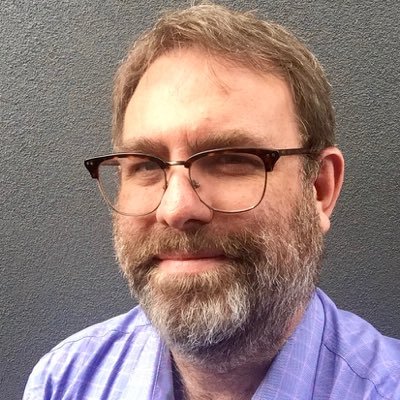
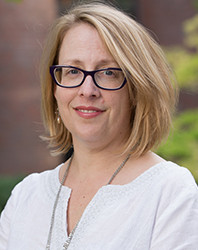
Epidemiological studies have estimated a lifetime prevalence rate of 28.8% for anxiety disorders (Kessler et al, 2005), and a recent meta-analysis of 87 studies across 44 countries estimated the global current prevalence of anxiety disorders at 7.3% (4.8–10.9%, adjusted for methodological differences across studies; Baxter, Scott, Vos, & Whiteford, 2013). While exposure-based treatment for anxiety and OCD in youth and adult populations has robust empirical support, there is room for improvement. In terms of outcomes, intent-to-treat analyses suggest that approximately 1 in 5 individuals drop out of exposure treatment (Hofmann and Smits, 2008; Ong et al. 2016), and a significant proportion either do not improve or relapse (eg Ginsburg et al., 2014; 2018). Moreover, clinicians are unlikely to use exposure-based treatment even when it is needed (Freihart et al, 2004; Deacon et al., 2013; Sars & Van Minnen, 2015), due to their own experiential avoidance (Meyer et al., 2014; Scher, Herbert & Forman 2015). To complicate matters, simply adding ACT to ERP does not lead to demonstrably improved outcomes (Twohig et al., 2018). So, while exposure works, it could work better, and clinicians could get much more skilled and flexible in its use. Very likely, this will take a patient-centered “microanalytic approach” (Twohig et al., 2018) to improve outcomes of exposure-based approaches.
That is the focus of this 2-day workshop: we hope to get “under the hood” of how exposure-based treatments work at the level of basic learning processes; to explore clinicians’ common myths and barriers to offering and “flexibly persisting” in using exposure-based treatment; and to demonstrate how to use ACT and clinical RFT to help enhance exposure-based treatment in developmentally sensitive ways for youths and adults. Acceptance and Commitment Therapy (ACT), and more specifically, clinical RFT, may be used to design and implement individualized exposure-based treatment across anxiety and OCD. Thus, this two-day workshop will teach how clinicians may use ACT and clinical RFT to enhance exposure-based treatment through supporting curiosity, willingness, and flexibility with individual cases across anxiety disorders and OCD. Specifically, the presenters will a) discuss behavioral (inhibitory learning) and neurobiological models of fear and uncertainty and exposure-based treatment; b) teach how to conduct exposure-based treatment with various presentations of anxiety and OCD; c) give an overview of ACT and its evidence-base; and c) demonstrate how to incorporate specific ACT interventions into flexible exposure to strengthen and contextualize inhibitory learning, d) address clinicians’ own barriers to consistently and effectively offer exposure-based treatments (knowledge, clinician psychological flexibility, myths about ERP). Participants will be given opportunities to engage in experiential exercises, role- and real-plays, and case discussions in which to practice the principles taught. Clinical examples will be used to illustrate therapeutic techniques, in addition to the workshop’s didactic content.
References
Baxter, A. J., Scott, K. M., Vos, T., & Whiteford, H. A. (2013). Global prevalence of anxiety disorders: a systematic review and meta-regression. Psychological Medicine, 43(5), 897-910.
Deacon, B. J., Farrell, N. R., Kemp, J. J., Dixon, L. J., Sy, J. T., Zhang, A. R., & McGrath, P. B. (2013). Assessing therapist reservations about exposure therapy for anxiety disorders: The Therapist Beliefs about Exposure Scale. Journal of Anxiety Disorders, 27(8), 772–80.
Freiheit, S. R., Vye, C., Swan, R., & Cady, M. (2004). Cognitive-Behavioral Therapy for Anxiety: Is Dissemination Working? the Behavior Therapist, 27(2), 25-32.
Ginsburg, G. S., Becker, E. M., Keeton, C. P., Sakolsky, D., Piacentini, J., Albano, A. M., Compton, S. N., Iyengar, S.,Sullivan, K., Caporino, N., Peris, T., Birmaher, B., Rynn, M., March, J., Kendall, P. C., (2014). Naturalistic follow-up of youths treated for pediatric anxiety disorders. Journal of the American Medical Association Psychiatry, 71(3),310-318.
Ginsburg, G. S., Becker-Haimes, E. M., Keeton, C., Kendall, P. C., Iyengar, S., Sakolsky, D., Albano, A. M., Peris, T., Compton, S. N., Piacentini, J. (2018) Results from the child/adolescent anxiety multimodal extended long-term study (CAMELS): primary anxiety outcomes. Journal of the American Academy of Child & Adolescent Psychiatry, 57 (7), 471-480.
Hofmann, S. G., & Smits, J. A. (2008). Cognitive-behavioral therapy for adult anxiety disorders: a meta-analysis of randomized placebo-controlled trials. Journal of Clinical Psychiatry, 69(4), 621-632.
Kessler, R. C., Berglund, P., Demler, O., Jin, R., Merikangas, K. R., Walters, E. E. (2005). Lifetime prevalence and age-of-onset distributions of DSM-IV disorders in the National Comorbidity Survey Replication, Archives of General Psychiatry, 62(6), 593-602.
Meyer, J. M., Farrell, N. R., Kemp, J. J., Blakey, S. M., & Deacon, B. J. (2014). Why do clinicians exclude anxious clients from exposure therapy? Behaviour Research and Therapy, 54(1), 49–53.
Ong, C. W., Clyde, J. W., Bluett, E. J., Levin, M. E., & Twohig, M. P. (2016). Dropout rates in exposure with response prevention for obsessive-compulsive disorder: What do the data really say? Journal of Anxiety Disorders, 40(1), 8 – 17.
Sars, D., & Van Minnen, A. (2015). On the use of exposure therapy in the treatment of anxiety disorders: a survey among cognitive behavioural therapists in the Netherlands, BMC Psychol 3 (1), 26.
Scher, Herbert & Forman 2015 Scherr, S. R., Herbert, J. D., & Forman, E. M. (2015). The role of therapist experiential avoidance in predicting therapist preference for exposure treatment for OCD. Journal of Contextual Behavioral Science, 4(1), 21-29.
Twohig, M. P.; Abramowitz, J. S.; Smith, B. M.; Fabricant, L. E.; Jacoby, R. J.; Morrison, K. L.; Bluett, E. J.; Reuman, L.; Blakey, S. M.; and Ledermann, T. (2018). Adding acceptance and commitment therapy to exposure and response prevention for obsessive-compulsive disorder: a randomized controlled trial, Psychology Faculty Publications. Paper 1755. https://digitalcommons.usu.edu/psych_facpub/1755
About Lisa Coyne, Ph.D.:
Lisa W. Coyne, Ph.D. is a licensed clinical psychologist who has worked to improve the psychological well-being of children, teens and families for nearly 20 years. After teaching as a tenured professor in the APA-Accredited Clinical Psychology at Suffolk University for 9 years, she is an Assistant Professor at Harvard Medical School/McLean Hospital in the Division of Child and Adolescent Psychiatry, where she founded the McLean Child and Adolescent OCD Institute (OCDI Jr.). She has also founded the New England Center for OCD and Anxiety (NECOA), a specialty clinic serving children, adolescents, and adults with anxiety and OCD. She is a peer-reviewed Acceptance and Commitment Therapy (ACT) Trainer, and a Faculty member of the Behavior Therapy Training Institute (BTTI) of the International OCD Foundation (IOCDF). She has published numerous peer-reviewed articles and chapters on anxiety, OCD, and parenting and is the author of The Joy of Parenting: An Acceptance and Commitment Therapy Guide to Effective Parenting in the Early Years.
About Eric Morris, Ph.D.:
Eric Morris is the Director of the La Trobe University Psychology Clinic. He is a clinical psychologist and researcher based in Melbourne, registered to practice in Australia. He has been practising Acceptance and Commitment Therapy (ACT) for nearly 20 years, including supervising and training therapists using contextual cognitive behavioural therapies. He is a founding member and a former chair of the Acceptance and Commitment Therapy Special Interest Group (ACTSIG) of the British Association for Behavioural and Cognitive Psychotherapies. Dr. Morris has also served as a Board member and President of the Australia & New Zealand Chapter of the Association for Contextual Behavioral Science. He is a co-editor of a book on ACT and mindfulness therapies for psychosis (published by Wiley-Blackwell in April 2013), co-author of a self-help guide, ACTivate Your Life: Using Acceptance and Mindfulness to Build a Life that is Rich, Fulfilling and Fun (published by Constable & Robinson in March 2015) and co-author of a groups manual ACT for Psychosis Recovery (published by New Harbinger in March 2018).
Learning Objectives:
Following this workshop participants will be able to:
- Describe how an approach to exposure based on ACT and clinical RFT differs from exposure conducted from a traditional habituation rationale
- Engage in useful discussion around common exposure myths and have ways to engage clients, colleagues and services in supporting evidence-based use of exposure
- Engage clients and their caregivers in effective rationales for exposure-based therapy, based on a psychological flexibility paradigm, and with attention to developmental differences across children, adolescents, and adults
- Prepare and utilize the process of a functional behavioural assessment and case conceptualization to develop a collaborative exposure plan with clients
- Demonstrate how to develop therapeutic relationship characterized by acceptance, values, compassion and commitment, that supports the client in engaging in exposure-based treatment
- Apply various methods suggested by the inhibitory learning paradigm to enhance exposure-based treatment, including using multiple contextual cues, stimulus variability. exposure menus, affect labelling, etc.
- Engage clients using valuing as action and direction to “contextualise” exposure and place exposure-based tasks under appetitive control
- Use clinical RFT methods to enhance tracking and contact with contingencies to usefully explore expectancy violation
- Use clinical RFT methods to foster flexible perspective-taking to enhance engagement in exposure tasks and promote functional senses of self
- Assess progress in exposure-based treatment using within-task and across-session methods
Target Audience: Beginner, Intermediate, Advanced, Clinical
Components: Conceptual analysis, Literature review, Original data, Experiential exercises, Didactic presentation, Case presentation, Role play
Package Includes: A general certificate of attendance, lunch, and twice daily coffee/tea break on site.
Advances in RFT: Implications for Clinical Behavior Analysis
Advances in RFT: Implications for Clinical Behavior AnalysisAdvances in RFT: Implications for Clinical Behavior Analysis
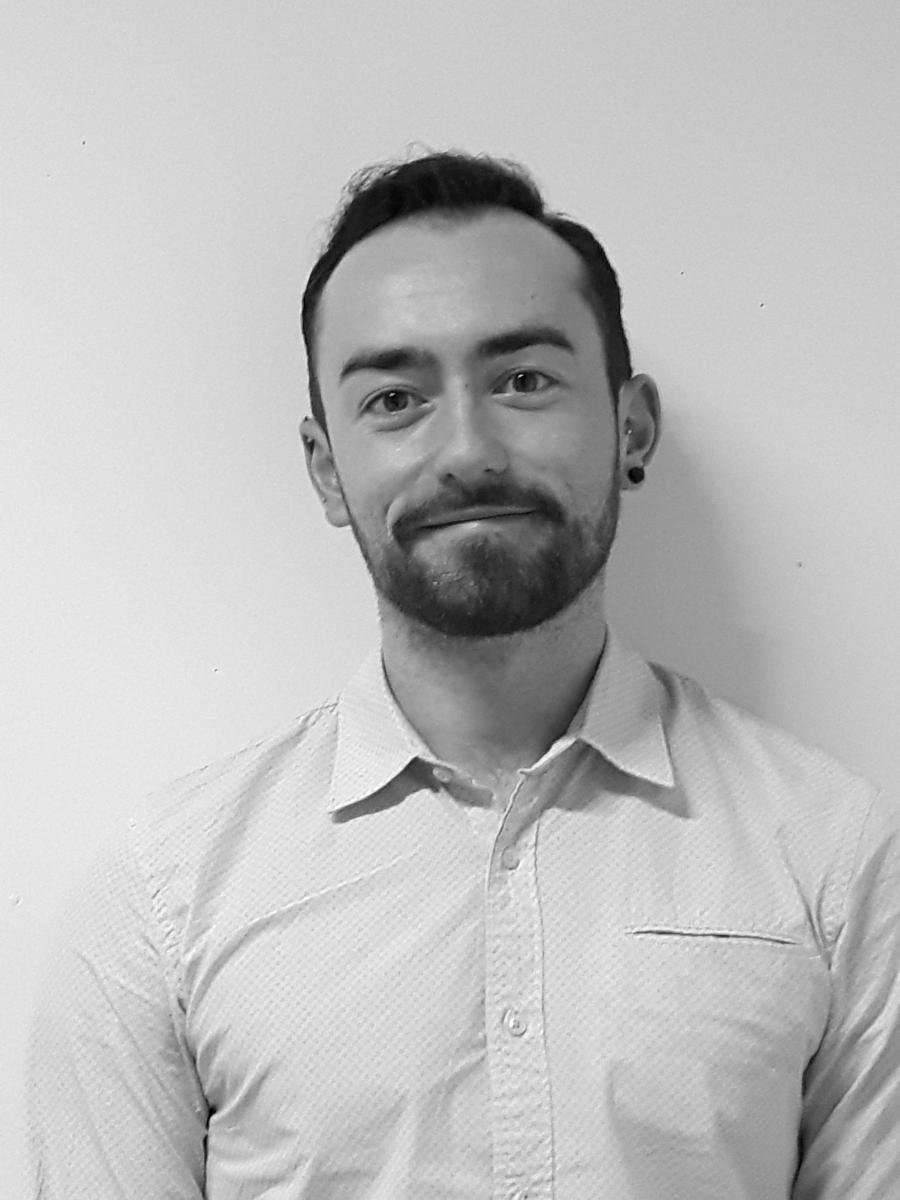

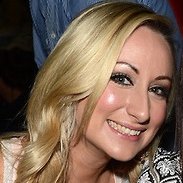
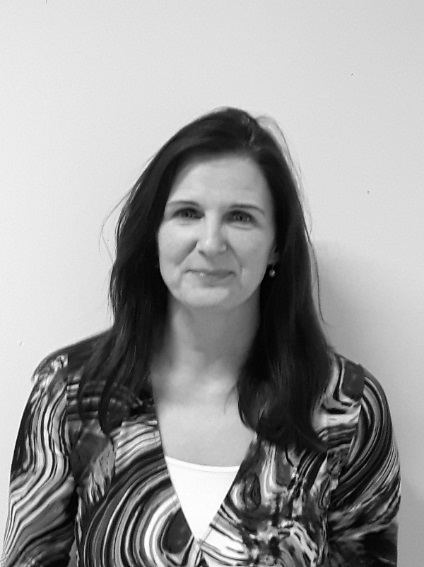
The overarching aim of the workshop is to explore the implications of recent conceptual advances in RFT for clinical practice, especially in ACT. The workshop will be divided into 3 parts. Part 1 will examine “cutting-edge” developments in RFT, focusing on the Hyper-Dimensional Multi-Level (HDML) framework for analyzing the dynamics of arbitrarily applicable relational responding (AARR). Part 2 will illustrate how the HDML framework may be used to facilitate links between RFT and clinical assessment and treatment, with working examples. Part 3 will elaborate on Part 2 using real case material and role plays, provided by both workshop leaders and workshop attendees.
Attendees are strongly encouraged to bring with them an example of one of their own clinical cases.
About Yvonne Barnes-Holmes, Ph.D.:
Since October 2015, Dr. Yvonne Barnes-Holmes has been the Senior Research Fellow of an Odysseus I Award on “Toward a Relational Frame Theory Account of Human Psychopathology within a Functional-Cognitive Framework” and Associate Professor in Behaviour Analysis, both at the Department of Experimental-Clinical and Health Psychology, Ghent University. She was formerly tenured faculty, including Head of Department, at the Department of Psychology, National University of Ireland Maynooth since 2003. She graduated from the latter in 2001 after completing an experimental Ph.D entitled Analysing relational frames: Studying language and cognition in young children. Since 2001, she has been involved in attracting 4million+ euros in funding. She is supervising or has graduated 19 doctorates and 7 Masters. She has published 120+ articles and book chapters and given 400+ talks and workshops. She is a recognized World Trainer in Acceptance and Commitment Therapy (ACT). Her areas of research interest include: the development of language and cognition; functional analyses of psychological suffering, especially depression, PTSD and psychosis; Behavioural and cognitive psychotherapies, especially acceptance and change therapies; and Critical psychology/psychiatry.
About Ciara McEnteggart, Ph.D.:
Since October 2015, Dr. Ciara McEnteggart has been a postdoctoral researcher of Odysseus at the Department of Experimental-Clinical and Health Psychology, Ghent University. Ciara graduated from the Department of Psychology, National University of Ireland Maynooth in 2015 after completing an experimental Ph.D under the supervision of Dr. Yvonne Barnes-Holmes on an experimental analysis of voice hearing. To date, Ciara has published 28 articles and 7 book chapters which center around the conceptual development of Relational Frame Theory and the understanding of human psychological suffering and its alleviation. Ciara’s research interests center around the conceptual development of Relational Frame Theory (RFT; a basic account of human language and cognition), and how such developments can facilitate a deeper understanding of human psychological suffering and its alleviation. As part of the Odysseus project, the team are investigating various relational features of human behavior and how they may function in psychological suffering (e.g. the impact of rules on behavior, relational perspective-taking, distinctions between fear and avoidance), with the principal aim of creating a functional taxonomy of various patterns of suffering. In parallel, Ciara is also working on a number of clinical conceptual developments, for example, how RFT can both inform and enhance clinical work in areas such as assessment, interventions, and the therapeutic relationship. More specifically, Ciara recently offered a relational frame account of dissociation and its relationship with hearing voices in psychosis using a trauma-based developmental model. Creating linkages between the basic science and clinical applications is central to her research and clinical work.
About Dermot Barnes-Holmes, Ph.D.:
Dr. Dermot Barnes-Holmes graduated from the University of Ulster in 1985 with a B.Sc. in Psychology and in 1990 with a D.Phil. in behavior analysis. His first tenured position was in the Department of Applied Psychology at University College Cork, where he founded and led the Behavior Analysis and Cognitive Science unit. In 1999 he accepted the foundation professorship in psychology and head-of-department position at the National University of Ireland Maynooth. In 2015 he accepted a life-time senior professorship at Ghent University in Belgium. Dr. Barnes-Holmes is known internationally for the analysis of human language and cognition through the development of Relational Frame Theory with Steven C. Hayes, and its application in various psychological settings. He was the world's most prolific author in the experimental analysis of human behavior between the years 1980 and 1999. He was awarded the Don Hake Translational Research Award in 2012 by the American Psychological Association, is a past president and fellow of the Association for Contextual Behavioral Science, is a fellow of the Association for Behavior Analysis, International, is a recipient of the Quad-L Lecture Award from the University of New Mexico and most recently became an Odysseus laureate when he received an Odysseus Type 1 award from the Flemish Science Foundation in Belgium.
About Colin Harte, M.Sc.:
Colin’s primary research interest is in the analysis of arbitrarily applicable derived relational responding (AARR) as defined by Relational Frame Theory (RFT). He is particularly interested in the way in which RFT can be used to develop a basic account of rule governed-behaviour. Namely, the potential impact of derived rules, and the dynamics of AARR generally (i.e. level of derivation, coherence, complexity and flexibility), on creating and maintaining this type of behaviour (i.e. persistence in rule-following). As such, the title of his doctoral dissertation is “The role of learning through derived rules or instructions in creating maladaptive behaviours in non-clinical, clinical and sub-clinical populations”. Other interests include Acceptance and Commitment Therapy (ACT), and the clinical implications of RFT for the understanding and treatment of human psychological suffering.
Learning Objectives:
Attendees will be able to:
- Describe the levels of the HDML framework for RFT
- Describe the dimensions of the HDML framework
- Provide examples of how relating within the HDML is relevant to clinical behavior analysis
- Provide examples of how orienting within the HDML is relevant to clinical behavior analysis
- Provide examples of how evoking within the HDML is relevant to clinical behavior analysis
- Understand how the HDML can assist with the functional assessment of clinically relevant verbal behavior
- Understand how the HDML can assist with functional analyses of clinically relevant verbal behavior
- Learn to apply the HDML in the assessment of clinical behavior
- Learn to apply the HDML in the treatment of clinical behavior
- Begin to use the HDML in clinical case studies
Target Audience: Advanced
Components: Conceptual analysis, Experiential exercises, Didactic presentation, Case presentation, Role play
Package Includes: A general certificate of attendance, lunch, and twice daily coffee/tea break on site.
CBT, ACT, and the Coming Era of Process-Based Therapy
CBT, ACT, and the Coming Era of Process-Based TherapyCBT, ACT, and the Coming Era of Process-Based Therapy
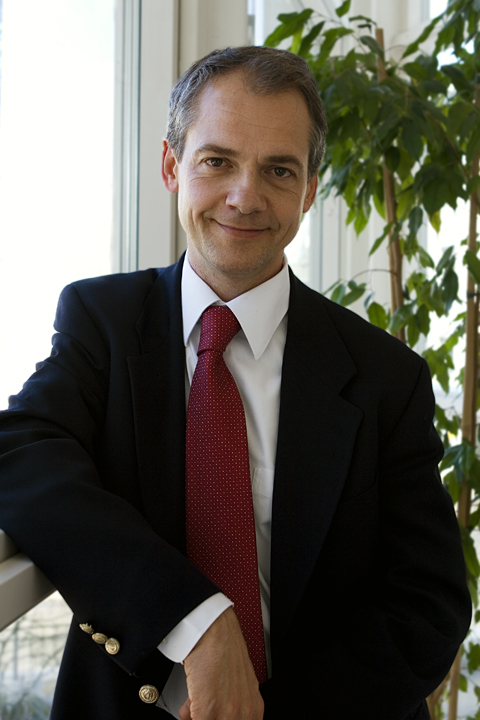

Steven C. Hayes, Ph.D.
For decades, evidence-based therapy has been defined in terms of scientifically validated protocols focused on syndromes. Cognitive Behavioral Therapy (CBT) has historically been identified with that approach, but it is rapidly changing. Acceptance and Commitment Therapy has long taken a more process-based approach in its adherence to a psychological flexibility model. A process-focus is now emerging for a number of methods within the family of CBT as the era of “protocols for syndromes” passes away. This workshop will feature didactic presentations, demonstration of practical strategies, “real plays,” and exercises focused on how to utilize the core competencies of both ACT and CBT more generally in a pragmatic way that honors the behavioral, cognitive, and acceptance and mindfulness wings of the tradition. The approach that results represents a new form of idiographic functional analysis guided by models that integrate a coherent set of change processes. PBT is not a new therapy – it is a new model of evidence-based therapy more generally that alters how we thing about all existing forms of evidence-based intervention. Attendees will leave the workshop better able to manage the gap between ACT and other forms of CBT, or indeed evidence-based work from any competing model, and to apply a broader range of change processes to their cases nested under the consilience provided by a functional contextual evolutionary account.
Recommended readings:
Hayes, S. C. & Hofmann, S. G. (2017). The third wave of CBT and the rise of process-based care. World Psychiatry, 16, 245-246. doi: 10.102/wps.20442
Hayes, S. C. & Hofmann, S. G. (Eds.) (2018). Process-based CBT: The science and core clinical competencies of cognitive behavioral therapy. Oakland, CA: New Harbinger Publications. ISBN-13: 978-1626255968.
Hofmann, S. G. & Hayes, S. C. (in press). The future of intervention science: Process based therapy. Clinical Psychological Science. Doi: 10.1177/2167702618772296
Hayes, S. C., Hofmann, S. G., Stanton, C. E., Carpenter, J. K., Sanford, B. T., Curtiss, J. E., & Ciarrochi, J. (in press). The role of the individual in the coming era of process-based therapy. Behaviour Research and Therapy. DOI: 10.1016/j.brat.2018.10.005
About Steven C. Hayes, Ph.D.:
Steven C. Hayes is Nevada Foundation Professor in the Department of Psychology at the University of Nevada. An author of 44 books and over 625 scientific articles, his career has focused on an analysis of the nature of human language and cognition and its application of the understanding and alleviation of human suffering. He is the developer of Relational Frame Theory, an account of human higher cognition, and has guided its extension to Acceptance and Commitment Therapy (ACT). Dr. Hayes has been President of Division 25 of the APA, the Association for Behavioral and Cognitive Therapies, and the Association for Contextual Behavioral Science. He was the first Secretary-Treasurer of the Association for Psychological Science, and served a 5-year term on the National Advisory Council for Drug Abuse in NIH. His work has been recognized by several awards including the Exemplary Contributions to Basic Behavioral Research and Its Applications from Division 25 of APA, the Impact of Science on Application award from the Society for the Advancement of Behavior Analysis, and the Lifetime Achievement Award from the Association for Behavioral and Cognitive Therapy. Google Scholar data ranks him as among the top most cited scholars in all areas of study (http://www.webometrics.info/en/node/58). For more information visit www.stevenchayes.com
About Stefan G. Hofmann, Ph.D.:
Stefan G. Hofmann, Ph.D. is professor of psychology at the Department of Psychological and Brain Sciences, where he directs the Psychotherapy and Emotion Research Laboratory. He has an actively funded research program studying various aspects of emotional disorders with a particular emphasis on anxiety disorders and cognitive behavioral therapy. He has won many prestigious professional awards, including the Aaron T. Beck Award for Significant and Enduring Contributions to the Field of Cognitive Therapy by the Academy of Cognitive Therapy and the Alexander von Humboldt Research Award. He is a fellow of the APA and APS and was president of various national and international professional societies, including the Association for Behavioral and Cognitive Therapies and the International Association for Cognitive Psychotherapy. He was also an advisor to the DSM-5 Development Process and a member of the DSM-5 Anxiety Disorder Sub-Work Group. Dr. Hofmann has been identified as a Highly Cited Researcher by Thomson Reuters. He is currently editor of Cognitive Therapy and Research and associate editor of Clinical Psychological Science. He has published more than 300 peer-reviewed journal articles and 15 books. For more information, visit http://www.bostonanxiety.org/
Learning Objectives:
After this workshop you will be able:
-
to describe the limitations and weaknesses of the contemporary medical model
-
to distinguish different treatment models in CBT and their underlying philosophies as they bear on the key processes to target
-
to show that you can apply an understanding of the core processes of ACT and of CBT more generally to cases
-
to describe how PBT approach can lead to an idiographic, functional diagnostic system that has treatment utility
-
to link a process-based case analysis of evidence-based intervention kernels.
-
to describe the implications of ergodic assumptions for the collection of process-based evidence
-
to demonstrate an ability to turn case information into a preliminary but testable network analysis of the case
-
to list ways of measuring key change processes of a case
- to diagram a case conceptualization network
-
to describe how ACT meets the key features of a process-based therapy
Target Audience: Intermediate, Advanced, Clinical, Research
Components: Conceptual analysis, Experiential exercises, Didactic presentation, Case presentation, Role play
Package Includes: A general certificate of attendance, lunch, and twice daily coffee/tea break on site.
Doing Experiential and Process-Based Therapy - CLOSED
Doing Experiential and Process-Based Therapy - CLOSEDDoing Experiential and Process-Based Therapy
This workshop has closed due to reaching its registration maximum.
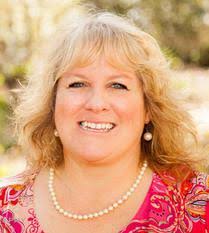
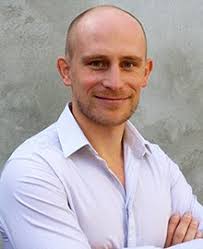
Matthieu Villatte, Ph.D.
In acceptance and commitment therapy as well as other third-wave therapies the combination of mindfulness, values, and behavioral commitment processes have well -served clients to make positive life change. While wide dissemination of these interventions has occurred over the past decade, their application within a truly experiential and process-oriented framework often remains challenging for therapists. The desire for transparency, the need to make rapid progress, the requirements to rely heavily on manualized protocols, or simply the difficulty of transforming theoretical knowledge into concrete practice as well as a focus on techniques disconnected from process, can lead therapists to be too directive and didactic, or conversely, abstract and confusing. The larger processes occurring within and across the therapy can be lost to techniques and standard exercises. The experiential nature and process of therapy no longer bringing vitality to the work. The opportunity to develop the autonomy of clients in the sometimes subtle and pragmatic observation of their experience and the flexible and effective practice of the clinician is thereby undermined. Experiential techniques lose their power of deep transformation; exchanges become less personal and meaningful; therapeutic work becomes less interesting and satisfying even to the therapist, and the therapeutic relationship is lost to application of impersonal procedures.
The goal of this training is to assist you in developing or furthering your skill in experiential and process-oriented practice. Focus on the therapeutic relationship with emphasis on recognizing interpersonal and intrapersonal processes that can guide intervention will be explored. We will build on the principles of contextual behavioral science and relational frame theory, which have been particularly well developed for clinical work in ACT, but are adaptable to all 3rd wave approaches (ex. Mindfulness-based therapies, dialectical behavior therapy, meta-cognitive therapy) and experiential therapies in general (e.g. psychodynamic, hypnosis, gestalt).
What will you learn in this course?
- Grounding your clinical practice in a stance of curiosity, openness, and equality.
- Relying on the therapeutic process rather than on techniques topographically defined to carry your sessions.
- Doing experiential work grounded in the interpersonal and intrapersonal context.
- Doing experiential work without reliance on standard metaphors and exercises, in natural conversations with your clients.
- Selecting, building, and delivering experiential exercises and metaphors that are linked to the client’s experience and housed in the therapeutic relationship.
Through practical exercises, demonstrations, and role plays:
- You will learn to shape your clients’ ability to be in touch with and observe their own experiences, and to draw conclusions adapted to their personal life choices (e.g. how to evoke observation rather than using didactic psycho-education).
- You will develop the ability to adapt to any situation without departing from your experiential stance (e.g. how not to fall into excessive explanations or battles of arguments with dependent, rigid, overly compliant or stuck clients).
- You will learn to engage process inside of an effective interpersonal relationship using experiential exercises and metaphors in a way that strengthens the therapeutic relationship (e.g. how to co-develop metaphors with the client and how to integrate them into a natural conversation).
About Matthieu Villatte, Ph.D.:
Matthieu Villatte, Ph.D. is an Assistant Professor at Bastyr University in Seattle, WA in the United States.
He obtained his doctoral degree in psychology in France, where he was trained as a clinical psychologist. He moved to the US in 2010 to complete a post-doctoral fellowship at the University of Nevada, Reno under the mentorship of Steven Hayes, PhD. He then worked as an assistant professor in clinical psychology at the University of Louisiana and at the Evidence-Based Practice Institute of Seattle for several years. He joined Bastyr University as an Assistant Professor in 2018.
Matthieu Villatte is the author of numerous books and chapters on mindfulness, acceptance, experiential therapies, and contextual behavioral science, such as the first manual published in French on Acceptance and Commitment Therapy and Mastering the Clinical Conversation: Language as Intervention, co-authored by Jennifer Villatte and Steven Hayes.
He is also a peer-reviewed trainer in Acceptance and Commitment Therapy recognized by the Association for Contextual Behavioral Science (ACBS). He has facilitated over a hundred clinical trainings in the US, Canada, Australia-New Zealand, South America, and Europe. Over the past few years, he has also run dozens of online trainings gathering participants from all continents.
About Robyn D. Walser, Ph.D.:
Robyn D. Walser, Ph.D. is Director of TL Consultation Services, staff at the National Center for PTSD, co-director of the Bay Area Trauma Recovery Center and is Associate Clinical Professor at University of California, Berkeley. As a licensed clinical psychologist, she maintains an international training, consulting and therapy practice. Dr. Walser is an expert in Acceptance and Commitment Therapy (ACT) and has co-authored 4 books on ACT including Learning ACT, 2nd Edition, The Mindful Couple, Acceptance and Commitment Therapy for the Treatment of Posttramatic Stress disorder and ACT for Clergy and Pastoral Counselors: Using Acceptance and Commitment Therapy to Bridge Psychological and Spiritual Care. A fifth book: The Heart of ACT will be released in 2019. She also has expertise in traumatic stress and substance abuse and has authored a number of articles, chapters and books on these topics. She has been doing ACT workshops since 1998; training in multiple formats and for multiple client problems. Dr. Walser has presented her research findings and papers at international and national conferences, universities and hospital settings; and she has been invited to international conferences to speak about ACT. She is invested in developing innovative ways to translate science-into-practice and continues to do research and education on dissemination of ACT and other therapies. She has had a number of leadership roles in international and national organizations and she served as Member At Large and President for the Association for Contextual and Behavioral Science.
Learning Objectives:
- Describe and implement the components of the contextual behavioral therapeutic process
- Describe and implement the components of the experiential therapeutic stance
- Implement techniques connecting the therapeutic process to the client’s life
- Describe the components of the experiential work on awareness
- Implement process and techniques helping clients observe and describe psychological experiences
- Implement process and techniques helping clients track functional relationships among experiences
- Demonstrate multiple processes and how to bring them into therapeutic relationship and practice
- Implement perspective taking techniques increasing the client’s awareness
- Describe the utility of context and how it functions in therapy
- Implement techniques to build experiential metaphors with the client
- Learn to attend to interpersonal and intrapersonal processes that can help guide the therapy
Target Audience: Intermediate, Advanced, Clinical
Components: Conceptual analysis, Literature review, Experiential exercises, Didactic presentation, Case presentation, Role play
Package Includes: A general certificate of attendance, lunch, and twice daily coffee/tea break on site.
Focusing on the Meaning and Development of the Therapeutic Relationship: Acceptance and Commitment Therapy and Evolution Science
Focusing on the Meaning and Development of the Therapeutic Relationship: Acceptance and Commitment Therapy and Evolution ScienceFocusing on the Meaning and Development of the Therapeutic Relationship: Acceptance and Commitment Therapy and Evolution Science
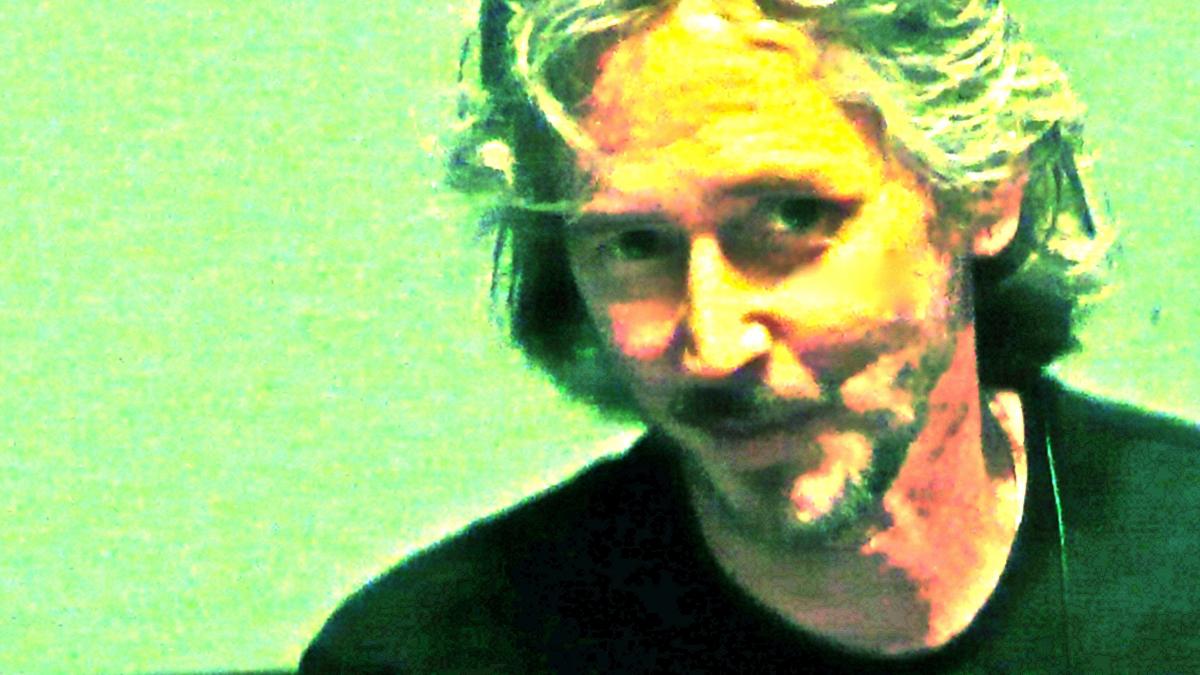
Kelly Wilson, Ph.D.
+ Therapeutic Relationship
+ Social Toxins
+ Social Network
+ Evolution Science
+ Experiential Learning
+ Multiple Live Demos by Dr. Wilson
+ Directly Relevant to Any Applied Setting
This workshop will feature the work of Dr. Kelly G. Wilson and will focus on the therapeutic relationship and more broadly on social connection in an evolutionary context. Therapeutic relationship is widely recognized as central to effective treatment. This should not surprise us. One of the great commonalities in serious psychological suffering is a sense of isolation, of not being fully heard, understood, truly known. Sometimes psychological struggles are physically isolating. However, deep loneliness, the experience of being alone, can take hold even when a person appears socially connected. Humans are social mammals, and, for us, social isolation and social hostility are toxins. We tolerate acute instances of social toxins pretty well. However, persistent exposure to social isolation and/or social hostility is a risk factor for virtually every source of disease burden in the modern world—including both mental health and physical disease burden.
Set in an evolutionary context, the workshop will offer a personal and powerful guide to the therapeutic relationship in from an ACT perspective. What can happen when you slow down, let go of your usual patterns of managing hard content, and shift your attention from fixing and consoling to listening and appreciating? What happens in that relationship when we offer the same quality of attention to the clinical conversation that we offer to our breath in a mindfulness meditation? Clients can be truly heard and, will sometimes, hear themselves for the first time.
Although this workshop will not be an introduction to ACT, it will be delivered in plain language that will be understandable to participants with no background in ACT. No jargon. For those with an ACT background, the workshop will deepen your understanding of ACT principles and your ability to use those principles flexibly to create and enhance therapeutic connection. The workshop will be appropriate for therapy beginners to veteran ACT therapists. The skill sets and sensitivities targeted in this workshop are broadly relevant to human services including all aspects of physical and mental health care, but also to management and education. Researchers are welcome to participate. Deep immersion in ACT processes has the potential to improve our research questions.
The workshop will be densely experiential. Principles will be described briefly, and we will focus our time and attention on practice. We will practice exercises and interviews that can change your interactions with your very next client.
Dr. Wilson will offer multiple live demonstrations to illuminate interviewing method, pace, and targets.
About Kelly G. Wilson, Ph.D.:
Kelly G. Wilson, Ph.D., is a Professor of Psychology at the University at Mississippi. He was the Founding President of the Association for Contextual Behavioral Science and was among the first cohort of ACBS Fellows. Dr. Wilson has devoted himself to the development and dissemination of Acceptance and Commitment Therapy and its underlying theory and philosophy for more than 25 years. He has published more than 90 articles and chapters, as well as 11 books including the Acceptance and Commitment Therapy: The Process and Practice of Mindful Change, Mindfulness for Two, and Things Might Go Terribly, Horribly Wrong. He has central interests in the application of behavioral principles to understanding topics such as purpose, meaning, values, therapeutic relationship, and mindfulness.
Dr. Wilson’s love of teaching resulted in his winning multiple teaching awards at his home institution, including the Elsie M. Hood Award for Undergraduate Teaching and also the University of Mississippi Award for Excellence in Graduate Teaching and Mentoring. Dr. Wilson has presented workshops and provided consultancy in 32 countries.
Learning Objectives:
Participants will be able to:
- Describe the nature of social toxins from an evolutionary perspective
- Describe the impact of social toxins on health and wellbeing
- Describe the development and potential meaning of the therapeutic relationship
- Implement simple interview methods to foster therapeutic connection
- Deliver interventions that use mindful interviewing
- Deliver interventions that foster motivation for values work
- Discriminate and choose between problem-solving and appreciation-centered therapeutic perspectives in treatment
- Intervene to foster active, deliberate choosing between problem-solving versus appreciation-centered perspectives with clients
- Describe the roles of defusion and acceptance processes in the development of relationship
- Describe the role of values and commitment processes in the development of relationship
Target Audience: Beginner, Intermediate, Advanced, Clinical, Research
Components: Conceptual analysis, Experiential exercises, Didactic presentation, Role play
Package Includes: A general certificate of attendance, lunch, and twice daily coffee/tea break on site.
Mastering Compassion Focused Therapy: Taking CFT Beyond The Basics
Mastering Compassion Focused Therapy: Taking CFT Beyond The Basics
Mastering Compassion Focused Therapy: Taking CFT Beyond The Basics

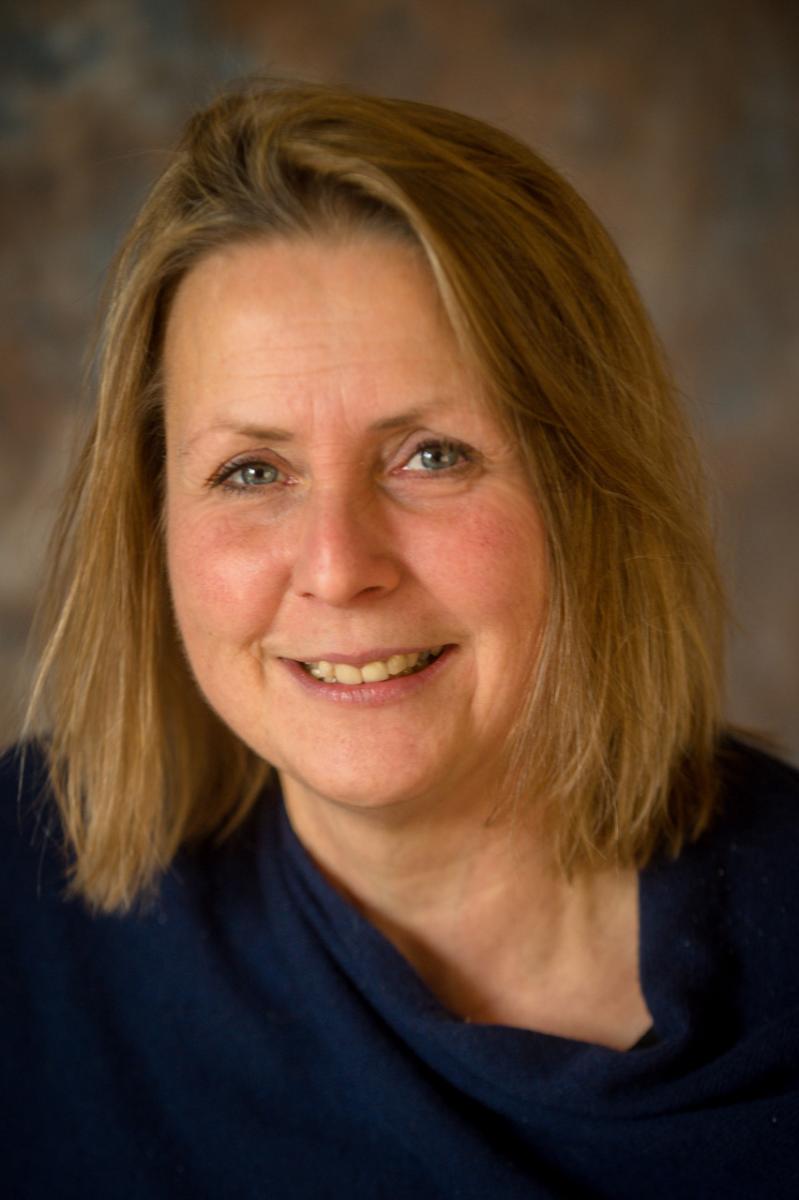
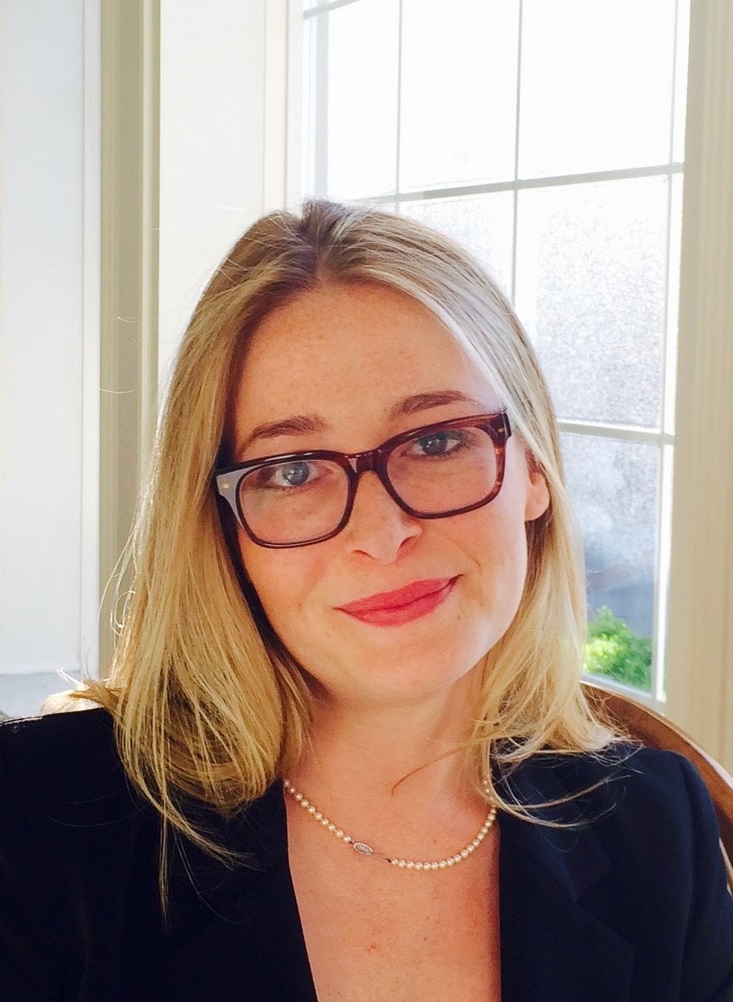
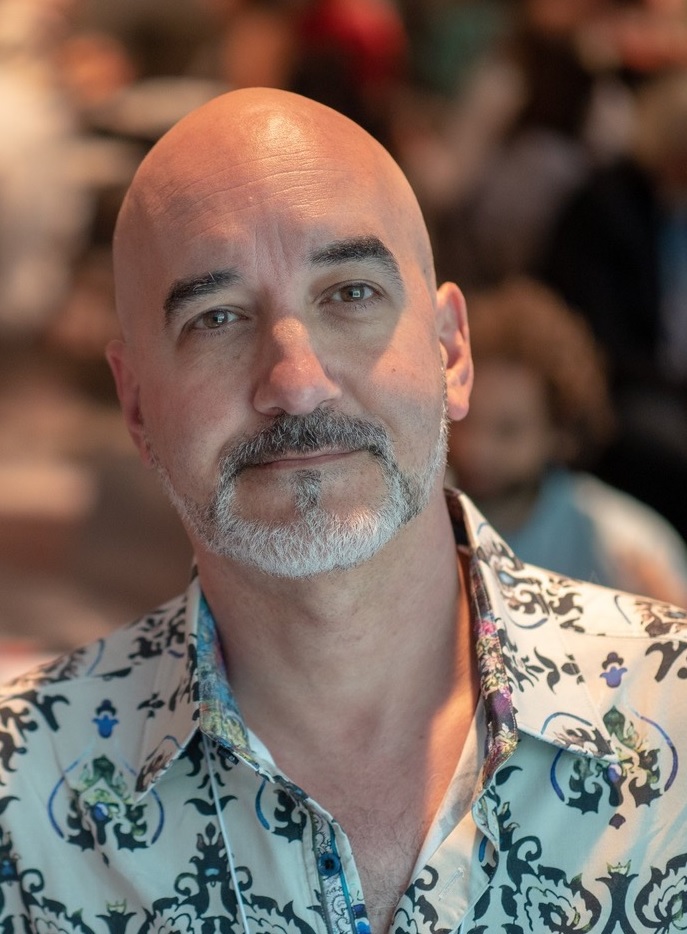
Dennis Tirch, Ph.D.
Drawing on behavioral theory, affective neuroscience, evolutionary psychology, and Buddhist practice, Compassion Focused Therapy (CFT) was originally developed as a means of working with shame and self-criticism. Over the past 15 years, CFT has been found to be of benefit to those experiencing a wide range of difficulties such as anxiety, chronic pain, psychosis, trauma, and eating disorders. This workshop will review foundational CFT concepts, and will then take participants beyond the basics into advanced CFT experiential exercises that can address a range of problems.
This is an opportunity to integrate deeper dimensions of compassion work into your practice, while renewing your understanding of the fundamental dynamics of mindfulness and compassion. No previous CFT experience is necessary, and the trainers are aiming to help ACT and FAP therapists, in particular, as they integrate a compassion focus into the work they do.
This workshop will present the working definition of compassion utilized in CFT, will review Professor Paul Gilbert's CFT model of emotion regulation, and will go further to explore how compassion functions as a series of interacting processes and procedures. This constellation of psychotherapy processes can strengthen our ability to turn towards painful experiences, help us work with human suffering, and can cultivate values-based movement in our clients’ lives, and in our own. Participants will leave this workshop armed with a range of specific, new techniques, and an enhanced understanding of what the embodied compassion motive represents. For example, participants will learn how to use compassion embodiment in the therapeutic relationship, active meditative imagery practice and specific CFT chair-work and role-play practices to help clients work courageously with life challenges.
Appropriate for newcomers to CFT and veterans alike and taught by leading CFT experts from the Europe and North America, this workshop presents a novel approach to understanding the therapy – aimed at helping participants to advance their compassion work. Together, we will build a road map towards increased compassion based living, mindful courage and psychological flexibility.
About Dennis Tirch, Ph.D.:
Dennis Tirch, Ph.D., is The Founder of the Center for Compassion Focused Therapy in New York City and an Associate Clinical Professor at the Icahn School of Medicine at Mt. Sinai Medical Center. Dr. Tirch is the author/co-author of numerous books, chapters, and peer-reviewed articles on ACT, CFT, CBT, and Buddhist psychology. Dr. Tirch is the President-Elect of The Association for Contextual Behavioral Science (ACBS) and The Compassionate Mind Foundation, USA. Online and in-person, Dr. Tirch provides workshops and trainings globally in mindfulness, compassion and acceptance based interventions. Dr. Tirch is a Fellow of ACBS, and is also a Fellow and Consultant/Supervisor with the Academy of Cognitive Therapy. Dr. Tirch is a member of the Zen Garland Order, and is a lay teacher of Buddhism.
About Laura Silberstein, Psy.D.:
Laura R. Silberstein-Tirch, Psy.D., is the Director of the Center for Compassion Focused Therapy, and serves as an Adjunct Assistant Professor at Albert Einstein College of Medicine of Yeshiva University. Dr. Silberstein-Tirch is a clinical supervisor and compassion-focused therapy (CFT) trainer who presents internationally on mindfulness and compassion and is co-author of Buddhist Psychology and CBT a Clinician’s Guide and The ACT Practitioner's Guide to the Science of Compassion. She is a founder and President of the New York City chapter of the Association for Contextual Behavioral Science and the Compassionate Mind Foundation USA. Her research interests include psychological flexibility and emotions as well as CFT for anxiety and depression.
About Mary Welford, D.Clin.Psy.:
Dr Mary Welford is a Consultant Clinical Psychologist working in the South West of England and served as Chair of the Compassionate Mind Foundation for 4 years. Mary is particularly interested in the application of Compassion Focused Therapy (CFT) across the spectrum of human experiences, from anxiety and depression to psychosis and personality difficulties. In addition to her private practice work, Mary has developed a Compassion in Schools program and trains a range of individuals in Compassion Focused Therapy both in the UK and overseas. Mary is the author of The Compassionate Mind Approach to Building Your Self Confidence and Compassion Focused Therapy for Dummies. She’s currently writing book for Children, Adolescents & Young People.
Learning Objectives:
- Participants will be able to describe and work with the CFT definition of compassion in practice.
- Participants will be able to work with the three-circle model of emotion regulation found in CFT.
- Participants will have a working knowledge of the 12 core competencies of compassion, and how they can be assessed, conceptualized and developed in psychotherapy.
- Participants will learn to utilize the therapeutic relationship to create a context of embodied compassion in CFT practice.
- Participants will learn to assist clients in working with "multiple self" experiences, bringing compassion to challenging emotional "selves."
- Participants will understand the relationship between courage and compassion, and how compassion can help us work with our threat system.
- Participants will learn methods for assisting clients to develop courage in facing threat based experiences.
- Participants will be able to teach their clients how compassion can help build psychological flexibility.
- Participants will be able to use compassion focused imagery in helping clients develop mindfulness, compassion and flexibility.
- Participants will be able to build on compassion focused imagery and multiple-self work, using compassion focused chair-work in group or individual psychotherapy.
Target Audience: Beginner, Intermediate, Advanced, Clinical
Components: Conceptual analysis, Experiential exercises, Didactic presentation, Case presentation, Role play
Package Includes: A general certificate of attendance, lunch, and twice daily coffee/tea break on site.
Mindfulness-based Affirmative Practice for LGBTQ+ People
Mindfulness-based Affirmative Practice for LGBTQ+ People
Mindfulness-based Affirmative Practice for LGBTQ+ People


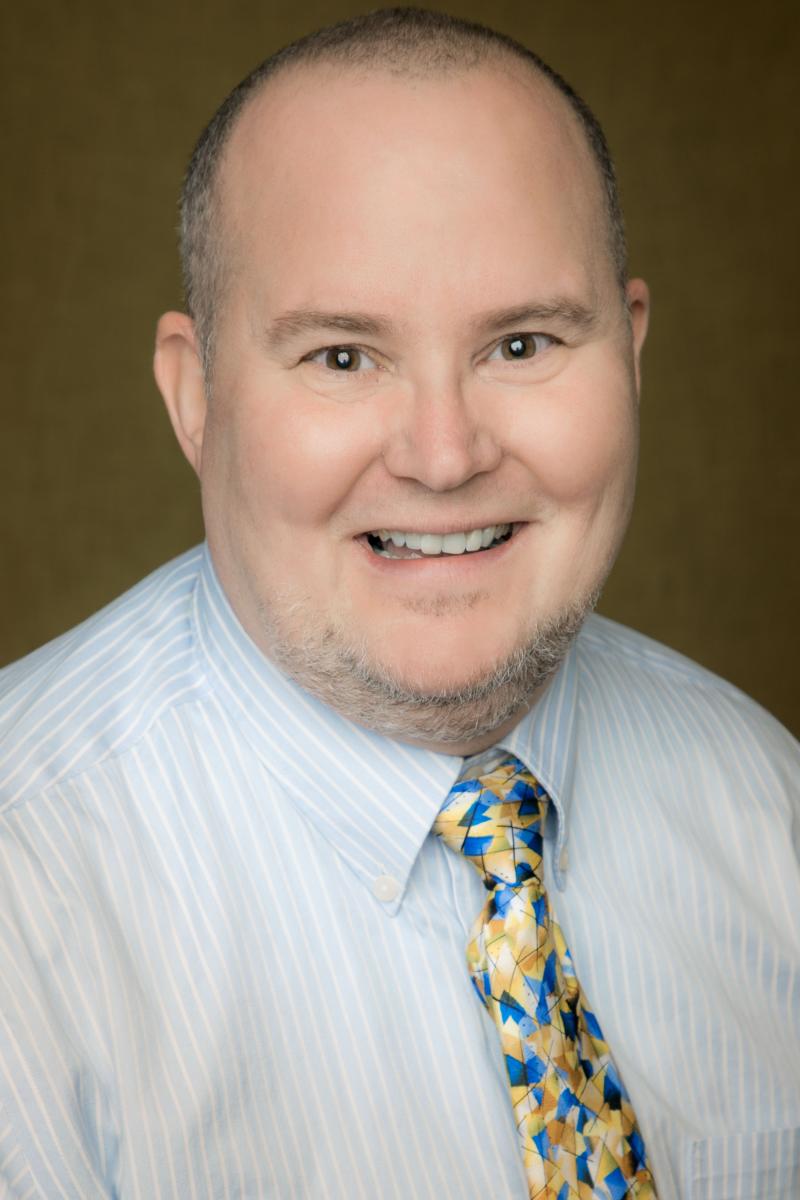
In this workshop we will cultivate our own compassion and values as clinician’s toward meeting the challenges of moving through life as a gender or sexual minority (GSM). This workshop will facilitate an awareness of the ways that GSM histories, and the therapist’s own history of cultural messages about gender and sexuality, might arise in the therapeutic relationship. Through the integration of acceptance and commitment therapy (ACT), functional analytic psychotherapy (FAP) and compassion-focused therapy (CFT), participants will grow in their ability to relate as gendered and sexual beings. From this place, powerful and therapeutic relationships can blossom.
Transgender people have existed throughout history. Though having a trans identity may seem like a relatively new concept, this is far from the truth. The problem lies in the fact that few, if any, mental health professionals have received training in how to work with trans people. This session will serve as broad introduction to affirmative practice with trans people.
Affirmative practice is defined as: counseling that is culturally relevant and responsive to [transgender and gender nonconforming] TGNC clients and their multiple social identities, addresses the influence of social inequities on the lives of TGNC clients, enhances TGNC client resilience and coping, advocates to reduce systematic barriers to mental and physical health, and leverages TGNC client strengths (Singh & dickey, 2017, p. 4). The definition will serve as an outline for the content of the session. We will begin by providing basic definitions and concepts that are critical to understanding the lives of transgender clients. Similarly, we will share key research and statistics around sexual minorities. Without this basic knowledge of gender and sexual minorities, providers are likely to encounter missteps in their practice. From there we will explore social inequities and the impact they have on the lives of gender and sexual minorities. We will explore ways to bolster resilience among our clients and ways to dismantle systemic barriers.
This two-day workshop will include a variety of approaches to learning. We will share a video titled Affirmative Practice with Transgender and Gender Diverse Clients. We will also use a variety of activities, role-plays, real-plays and case examples to bring the material to life for the participants.
About lore m. dickey, Ph.D.:
lore completed his trained as a Counseling Psychologist at the University of North Dakota in 2011. He completed his pre-doctoral internship year at Duke University in Counseling and Psychological Services. Following graduation, Dr. dickey completed a 10-month post-doctoral fellowship at the Morehouse School of Medicine in the Satcher Health Leadership Institute.
Dr. dickey began his career in academia. He has served as an assistant professor at the University of Southern Mississippi (2012-2013), Louisiana Tech University (2013-2016), and Northern Arizona University (2016-2018). While at Louisiana Tech he also directed a Psychological Services Clinic, which is a training clinic serving the general public in the Ruston area. While at NAU he served as the Doctoral Training Director for the Combined Counseling/School Psychology PhD program. He has taught over 25 different courses at the undergraduate and graduate levels.
In the fall of 2018, Dr. dickey began work with North Country HealthCare as a behavioral health consultant. He works in the Bullhead City clinic in northwestern Arizona. In just two months time he has become one of the most productive behaviorists in the organization.
Dr. dickey’s love of advocacy began in childhood, specifically through his involvement with the Girl Scouts. He learned at a young age the importance of assuring that everyone has a voice at the table. lore has been very involved in professional organizations. He served as the co-chair for the American Psychological Association task force for the development of Guidelines for Psychological Practice with Transgender and Gender Nonconforming Clients. He has presented throughout the world on topics related to understanding the transgender experience and is considered an expert. He was recently recognized with a Presidential Citation from the American Psychological Association for his work in this area.
In addition to receiving numerous awards for his work, he is also a prolific writer. His second book came out on December 1, 2018. This book, titled A Clinician’s Guide to Gender-Affirming Care: Working with Transgender and Gender Nonconforming Clients addresses the ways in which mental health providers can work with trans clients of all ages.
About Aisling Leonard-Curtin, M.Sc., C.Psychol., Ps.S.I.:
Aisling Leonard-Curtin, M.Sc., C.Psychol., Ps.S.I., is a chartered counseling psychologist with the Psychological Society of Ireland who lives with her wife Trish in Dublin. She is a TEDx speaker, co-director of Act Now Purposeful Living, has a small private practice, and consults with a number of organizations to deliver acceptance and mindfulness workshops. Aisling is a peer-reviewed acceptance and commitment therapy (ACT) and functional analytic psychotherapy (FAP) trainer.
Aisling co-edited Mindfulness and Acceptance for Gender and Sexual Minorities. Aisling teaches on many university training programs, and regularly gives workshops and talks internationally throughout Europe, North America and Australia. She has over a decades experience working in a wide range of settings including adult psychiatry, psycho-oncology, educational, health and community settings.
Aisling co-authored The Power of Small, a self-help book, which will be released in early 2019. Aisling has led workshops on sexuality since 2012. Her passion is making psychological concepts easy to understand and apply for all in the community. Aisling is particularly passionate around LGBTQ+ issues having came out as a sexual minority herself.
Learning Objectives:
- Define affirmative clinical practice for LGBTQ+ people
- List three or more barriers faced by LGBTQ+ people
- Demonstrate the use of affirmative language
- Select clinical approaches that are sensitive to the client’s needs
- Write a letter of referral for hormones or surgery
- Develop a treatment plan for a transgender client
- Describe how to engage in advocacy to dismantle barriers
- Learn how to conceptualize LGBTQ+ issues from an ACT, FAP and CFT perspective
- Experience functional contextually based experiential exercises in the area of learning histories related to gender and sexuality
- Sharpen your ability to notice key ACT and FAP processes as they occur in the moment in relation to gender and sexual identity
Target Audience: Beginner, Intermediate, Clinical
Components: Experiential exercises, Didactic presentation, Case presentation, Role play
Package Includes: A general certificate of attendance, lunch, and twice daily coffee/tea break on site.
Read lore dickey's latest article, "Top Five Things to Say (or not) to Transgender People" here.
Prosocial: Using CBS to improve relations within and between groups - CLOSED
Prosocial: Using CBS to improve relations within and between groups - CLOSEDProsocial: Using CBS to improve relations within and between groups
This workshop has closed due to reaching its registration maximum.
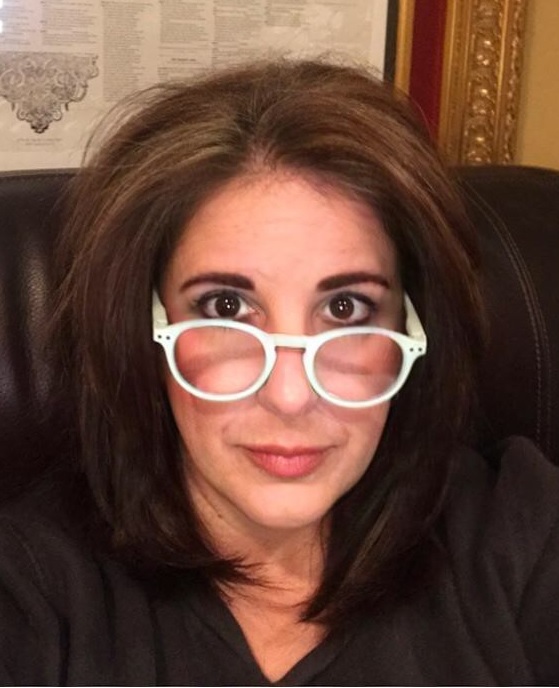


Prosocial is a practical process that draws upon ACT, CBS, and Evolutionary Science for building more productive and collaborative relationships within and between groups. This workshop will provide you with an introduction to Prosocial, the basic science that underpins the approach and the practical tools that you can use to improve the groups you care about.
The workshop will begin with the origins of Prosocial in Lin Ostrom's Nobel Prize winning work on the commons and its extension using evolutionary theory and contextual-behavioral science, as well as the broader vision for the Prosocial initiative. We will use experiential exercises to practice using the ACT matrix in the context of groups to surface and integrate individual and collective interests in a way that is safe and engaging. We will also demonstrate how and why we have adapted Ostrom's Core Design Principles to have the most impact in groups of all sorts. We will practice using the guided tools on the Prosocial website to help you assess and facilitate groups including measurement tools that you can use to diagnose and report to your groups. Participants will leave the workshop with a flexible toolkit of modular activities that you can use in different combinations to suit the needs of different groups.
The Prosocial community already consists of over 100 facilitators, drawn largely but not entirely from ACBS members. This workshop will prepare you to join that community which is already helping one another to accomplish positive cultural change at multiple levels, including individuals, groups, and multi-group ecosystems.
In the spirit of Contextual Behavioral Science, Prosocial is also a basic scientific research program to study cultural evolution in real-world settings, in addition to a practical method for accomplishing positive cultural change. We encourage the participation of both practice-oriented and research-oriented ACBS members in this workshop. The ideal practice-oriented participant is already experienced working with groups and wants to explore how Prosocial can add to their existing toolkit. The ideal research-oriented participant is already conducting basic scientific research on topics related to prosociality and cultural change and wants to explore new opportunities for research in real-world settings afforded by Prosocial.
About David Sloan Wilson, Ph.D.:
David Sloan Wilson has made fundamental contributions to evolutionary science and its applications to human affairs. He is well known within the ACBS community for working with Steve Hayes and others to integrate evolutionary science with contextual behavioral science. His most recent books are Evolution and Contextual Behavioral Science (co-edited with Steve Hayes) and Evolving the Future: Completing the Darwinian Revolution.
About Paul Atkins, Ph.D.:
Paul Atkins is a trainer, facilitator, coach and researcher. He is project coordinator for the Templeton World Charity fund grant to build, implement and research the Prosocial process as well as lead facilitator trainer. Paul has also applied Prosocial to help resolve conflicts and improve the performance and wellbeing of teams in organisations including schools, innovation networks, corporations and government departments. His research has mostly been focused on the effects of mindfulness-related interventions on relationships, wellbeing and identity. He co-edited the book Mindfulness in Organisations (CUP) and is lead author with David Sloan Wilson and Steve Hayes on the forthcoming book titled Prosocial: Using Evolutionary Science to Build Productive, Equitable, and Collaborative Groups. He is past President of the Australia and New Zealand Association for Contextual Behavioural Science and a Fellow of the international Association for Contextual Behavioral Science.
About Monique Silva:
Monique is a User Experience designer with over 7 years experience working in tech. She works as a consultant on a range of digital products with clients like HSBC, Corona and Google, helping make their online experiences engaging, intuitive and easy to use. User Experience is all about guiding behaviour through the careful design of an online environment, so her work involves direct application of concepts from psychology and behavioural economics. She uses both quantitative and qualitative research methods on her day-to-day, such as ethnographic research and A/B tests, as well as analytics data to inform her design decisions.
She now leads the design and development of the Prosocial website, a central plank of the initiative, implementing a range of digital tools to help both facilitators and groups. This involves designing an online tool to help groups learn and implement Prosocial with ease, a community forum where facilitators and researchers can communicate and share knowledge, and a range of other supports and online resources for facilitators.
About Lori Wiser, M.B.A.:
Lori is an accomplished senior marketing executive whose career spans positions in Public Relations, Account Services, Consumer Insights, and Strategy, working on global brands such as McDonald’s, Verizon, and Volkswagen.
Ms. Wiser’s behaviorally-driven strategic approach leverages the social sciences including: ethnography, evolutionary psychology, anthropology, and behavioral economics to build analytic models. Her work has helped win industry awards, such as a Silver Anvil and a Gold Effie.
Lori also loves to root for the underdog and has significant experience in the non‐profit sector, focusing on what she calls the “chronically marginalized in our society”. She has also worked closely with public affairs directors to lobby on Capitol Hill for various causes.
She is sought as a guest lecturer on college campuses by the Advertising Educational Foundation and won a “Best Speaker Award in 2012.”
Lori is an avid reader, cyclist, and appreciates a good red wine. She is married with two daughters, a German Shepherd named Gigi and a precocious cat named Stan Lee.
About Ian MacDonald, Ph.D.:
Ian F. McDonald received his Ph.D. in Ecology, Evolution and Behavior at Binghamton University in 2018 with D.W. Wilson as his thesis advisor. His thesis used the principles of Prosocial to analyze the Intentional Communities movement. Ian is in charge of developing the scientific database for Prosocial and also expects to develop a practice working with groups as a Prosocial facilitator.
Learning Objectives:
- Introduce the evolutionary worldview that underpins the practical method and scientific research program including understanding ACT/RFT as "the wise management of evolutionary processes".
- Collaboratively explore ways of using the individual ACT matrix in the context of groups.
- Practice framing up a collective ACT matrix to target the groups needs and integrate diverse interests into shared purpose and identity.
- Experiment with variants of the collective ACT matrix to deepen understanding of the Core Design Principles and apply them in ways that work for your group.
- Introduce the "design principles" approach to working with groups, including the core design principles needed by nearly all groups and auxiliary principles needed by some groups but not others.
- Understand the range of groups to which you can apply Prosocial including corporations, voluntary groups and government agencies, but also families, community groups, schools or even broad scale culture change.
- Learn new online tools for assessment, diagnosis and reporting of group issues.
- Describe how the skills of working at the level of single groups can be scaled to working at the level of multi-group ecosystems.
- Join an international community of practitioners and scientists to support one another implementing and researching Prosocial in a diversity of locations and contexts.
- Write a short Prosocial process plan for your own group based on what you learned in the workshop.
Target Audience: Beginner, Intermediate, Advanced, Clinical, Research
Components: Conceptual analysis, Literature review, Original data, Experiential exercises, Didactic presentation, Case presentation, Role play
Package Includes: A general certificate of attendance, lunch, and twice daily coffee/tea break on site.
Transforming Language & Transforming Children’s Lives: How exploring the cutting edge of RFT can supercharge therapeutic and educational interventions for children and adolescents
Transforming Language & Transforming Children’s Lives: How exploring the cutting edge of RFT can supercharge therapeutic and educational interventions for children and adolescentsTransforming Language & Transforming Children’s Lives: How exploring the cutting edge of RFT can supercharge therapeutic and educational interventions for children and adolescents
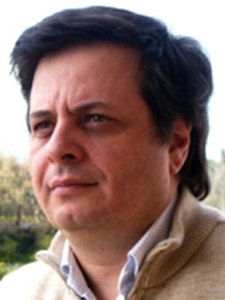
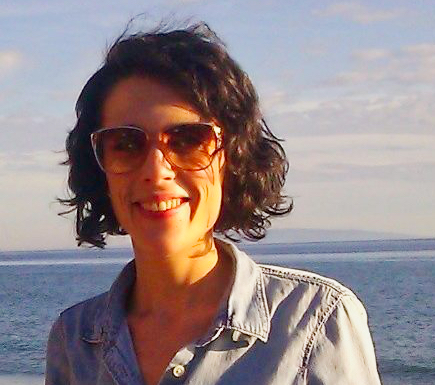
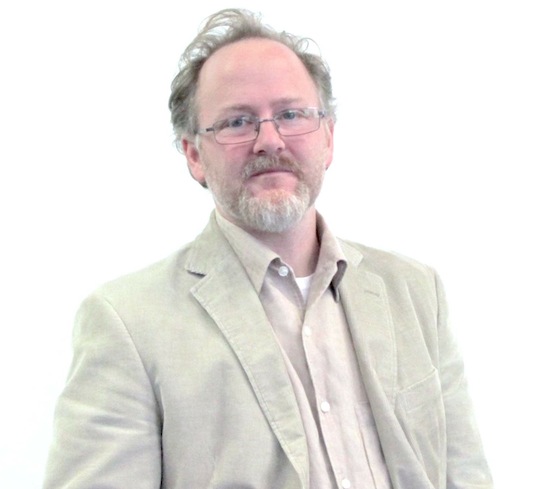
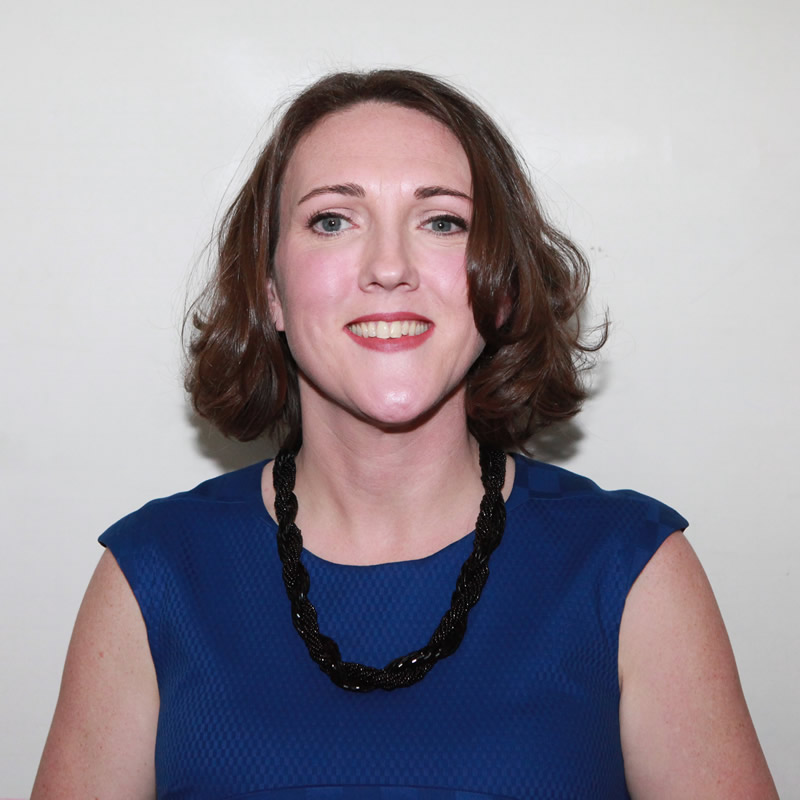
Clinicians who work with young people know how important it is to have the most effective interventions that our science can offer on hand as soon as possible. Thankfully, over three decades of research has given us the tools and framework to build powerful interventions to help alleviate the psychological suffering of children and adolescents. Drawing on the science of RFT, this two day workshop will provide training in both ACT and the new SMART framework for educational intervention.
On day 1, Dr. Sarah Cassidy and Dr. Bryan Roche will review the research methods and concepts that led to the development of the SMART program, and in so doing will provide a light introduction to Relational Frame Theory for non-experts. The relevance of relational skills to a host of educational, developmental and behavioral problems will also be outlined, as well as coaching provided on how to select for and manage clients who may benefit from such interventions. The workshop will also involve a walk through the online SMART program and provide step-by-step guidance for teachers, clinicians and researchers who wish to monitor clients or research participants undergoing the training.
This first day of the workshop aims to address many of the barriers to therapy or learning that often seem unsurpassable with children. This training aims to assist therapists and clinicians in breaking down several barriers to learning by demonstrating how, for very specific populations, we can teach the foundational skills that will help children and adolescents to access their environments. We will also cover case studies with various populations of young learners, from persons diagnosed with various difficulties such as ADHD, Dyslexia, Dyspraxia, general and specific learning difficulties and language delay, and provide a brief outline of newer variations of this programme that are currently being developed for use in the treatment of OCD, anxiety, and psychological inflexibility more generally.
On day 2 Dr. Evelyn Gould and Dr. Nanni Presti will introduce ACT as a transdiagnostic, behavior analytic approach to addressing a wide range of clinical and non-clinical behavioral and emotional challenges in children and adolescents. ACT demands that the clinician consider the role of both verbal (i.e., rule-governed and relational processes) and direct environmental contingencies, when attempting to understand child behavior problems. Function-based interventions can then be developed to promote psychological flexibility and increase engagement in values-directed behavior. An ACT approach also demands consideration of the key contexts that children and adolescents operate within, including their family, community, school and peer group. The development of strategies to effectively engage and empower caregivers is particularly important, to promote adaptive parent-child interactions, and ensure the generalization and maintenance of treatment gains beyond the treatment setting. By fostering the development of a flexible, contingency sensitive repertoire, ACT-based interventions can empower families to raise more resilient children who are better able to adapt to life’s challenges, thus laying the foundations for a rich and meaningful adult life.
The second day of this workshop will present a developmentally sensitive and individualized ACT approach to working with children and adolescents. Case studies will be presented, with opportunities for participants to practice newly acquired skills. Participants will explore a contextual-behavioral conceptualization of child development (including the progressive emergence of an arbitrary relational repertoire), and how this informs the development of effective ACT-based interventions for families. We will demonstrate how the ACT model can be adapted to match each child’s age, interests, context, and developmental level, including adaptations for children and adolescents with specific learning challenges, such as those with autism spectrum disorder. Strategies for effectively engaging caregivers will be presented, in addition to exploring the design and implementation of ACT-infused interventions across a variety of contexts. The training will emphasize the benefits of combining ACT with more traditional behaviorally based procedures.
About Sarah Cassidy, Ph.D.:
Sarah Cassidy, Ph.D., is an Educational, Child and Adolescent Psychologist. She specialises in the assessment and treatment of learning and emotional/behavioural difficulties with clinical populations. She is the Senior Psychologist at The Smithsfield Clinic, a private practice for children, adolescents and their families using largely ACT and RFT based treatment methods. She has also worked as an educational psychologist within the Irish school system for the last 18 years, conducting assessments and advising parents and schools how to best support children with learning and behavioural challenges. Dr. Cassidy also lectures in Psychology at Maynooth University, Ireland, where her specialist research areas include child and adolescent developmental psychology and educational psychology. She received her Ph.D in the field of Relational Frame Theory and its articulation with intellectual development. She was author of the first empirical demonstration of the positive effects of intensive derived relational responding skill interventions on intelligence (Cassidy, Roche & Hayes, 2011), and has co-authored several papers since that have validated and extended this effect. Dr. Cassidy is a very experienced workshop leader and has delivered over 30 workshops in the domain of ACT, RFT and educational psychology. She is co-founder of Relational Frame Training Ltd, which developed the online SMART training software.
About Bryan Roche, Ph.D.:
Bryan Roche, Ph.D., is a senior lecturer in Psychology at Maynooth University, Ireland. He was co-editor of the first text on Relational Frame Theory (Hayes, Barnes-Holmes & Roche, 2001) as well as the more recent Advances in Relational Frame Theory (Dymond & Roche, 2013). He is author or co-author of over 100 book chapters and empirical articles on Relational Frame Theory, with a specific focus on empirical process-level analyses of fear and avoidance conditioning and its transformation in accordance with relational networks, and the enhancement of intellectual abilities using relational frame theory based interventions to increase relational responding fluency. He is co-founder of Relational Frame Training Ltd, which developed the online SMART training software.
About Evelyn Gould, Ph.D., BCBA-D, LABA:
Evelyn Gould is a Clinical Behavior Analyst and Research Associate at the Child and Adolescent OCD Institute (OCDI-Jr) at McLean Hospital, Harvard Medical School. The OCDI-Jr program provides residential level of care for adolescents struggling with treatment refractory OCD and related disorders. The program emphasizes evidence-based behavioral interventions, including ERP (Exposure and Response Prevention) and ACT (Acceptance and Commitment Therapy). Dr. Gould currently works under the supervision of Dr. Lisa Coyne, Licensed Clinical Psychologist, Researcher, and world-expert in ACT and the treatment of childhood anxiety disorders. Dr. Gould also has extensive experience working with children and adolescents with ASD (and their families) across settings, and has fulfilled a variety of clinical, training, and research roles in the USA, UK, and N.Ireland over the years. Evelyn remains passionate about the provision of high-quality clinical services for children, adolescents, and their families, and the dissemination of Behavior Analysis. Dr. Gould is an Associate Editor for the Journal of Contextual Behavioral Science, and an Editorial Board Member for Behavior Analysis in Practice. She is also actively involved in a number of Special Interest Groups (SIGs), including the ABAI ACT and Psychological Flexibility SIG, the ACBS Children and Families SIG, and the Women in ACBS SIG.
About Giovambattista Presti, M.D., Ph.D.:
Giovambattista Presti is Associate Professor of Psychology at Kore University of Enna and past President of ACBS, founding member of the European Association for Behavior Analysis and President of the Italian professional Association of Behavior Analysts (SIACSA). He is an ACT Peer Review Trainer and has extensive experience in developing ACT for kids and adolescent treatments in clinical and non-clinical setting. His background is rooted in Behavior Analysis and Applied Behavior Analysis and a great part of his clinical work and research is also devoted to children and adolescent with ASD. His research interests include basic and RFT research to language development and reading. He values training practitioners to offer children those opportunities that life has denied to them.
Learning Objectives:
- Describe the relevance of Relational Frame to intellectual development and the formation of “language traps”.
- Identify the key features of a uniquely CBS perspective of childhood development and adolescence.
- Identify when relational skills enhancement is required to alleviate specific learning difficulties.
- Demonstrate how to use the SMART training currently available online, or develop their own relational skill enhancement interventions.
- Describe strategies for managing clients struggling educationally.
- Describe the core components of ACT-based interventions for children and adolescents
- Identify key developmental factors to consider when attempting to design and implement ACT-based interventions for children and adolescents.
- Demonstrate metaphors or experiential exercises tailored to the child’s relational skills and interests that could be used in the clinical setting.
- Identify key strategies for promoting the generalization and maintenance of treatment gains beyond the treatment setting.
- Describe the benefits of combining traditional Applied Behavior Analytic strategies with ACT
Target Audience: Beginner, Intermediate, Clinical
Components: Conceptual analysis, Literature review, Original data, Experiential exercises, Didactic presentation, Case presentation, Role play
Package Includes: A general certificate of attendance, lunch, and twice daily coffee/tea break on site.
